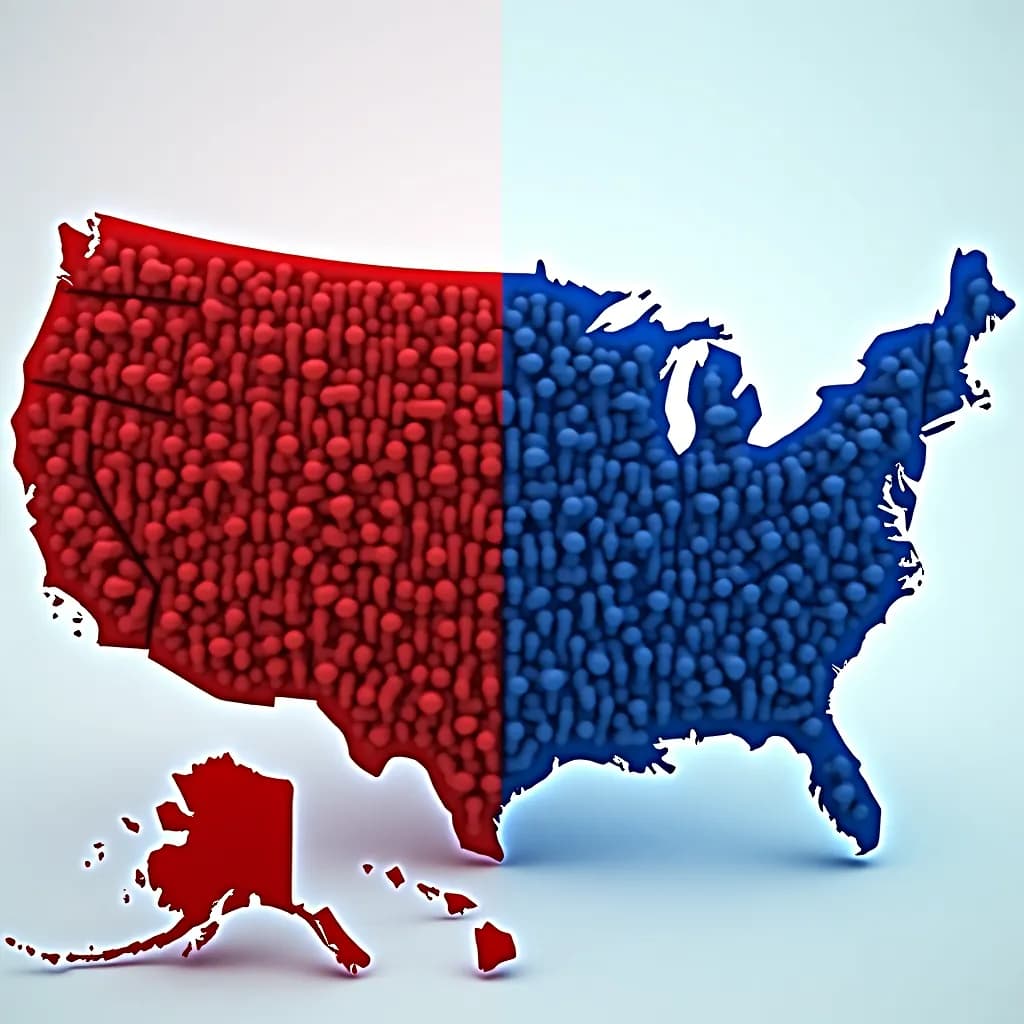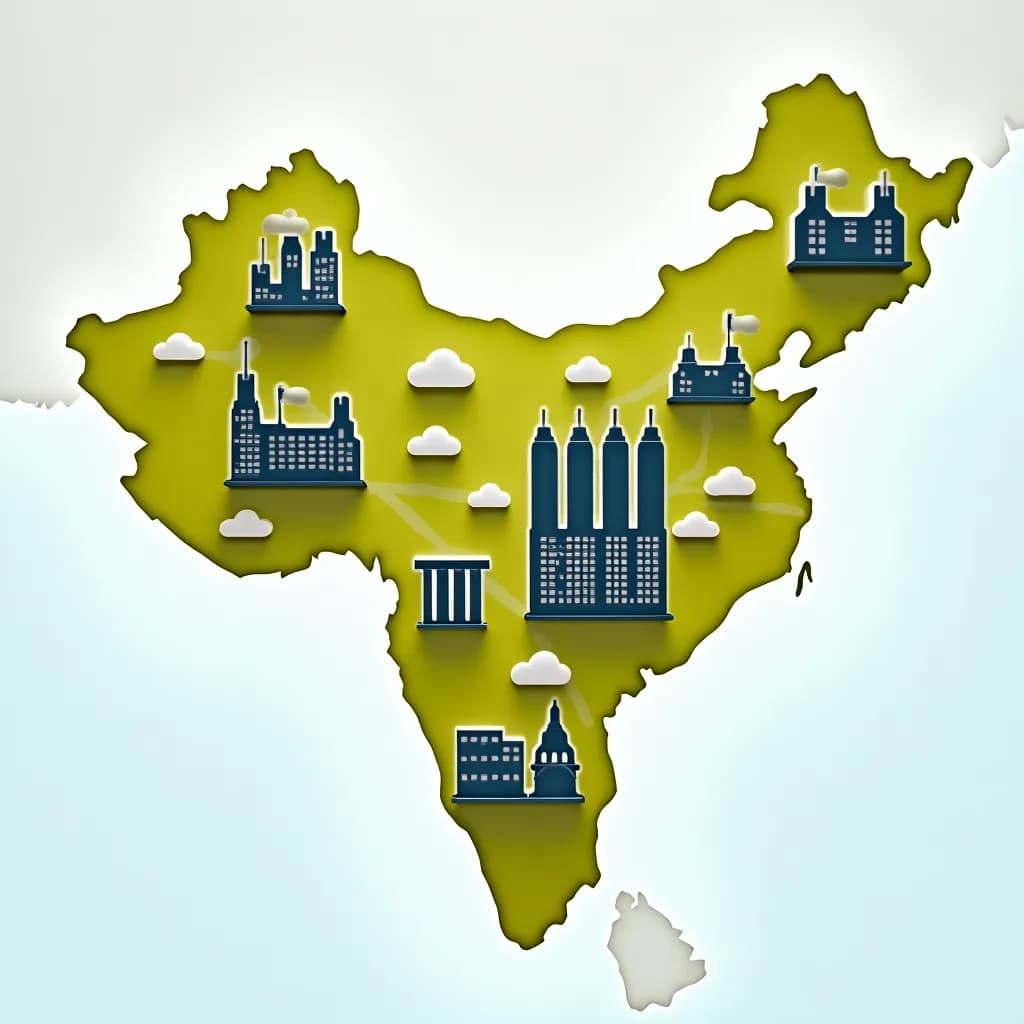Bridging the Political Divide: An Analysis of Bipartisanship in Modern Politics
As the political landscape becomes increasingly polarized, the need for bipartisan collaboration has never been more critical. This article will explore the concept of bipartisanship, the challenges in its implementation, and the potential solutions to bridge the political divide.
Understanding Bipartisanship
Bipartisanship is the agreement or cooperation between two political parties that usually oppose each other's policies. In an ideal scenario, bipartisanship should foster constructive dialogue and compromise, leading to the passage of laws that benefit the majority rather than a single political faction.
The Challenges of Bipartisanship
Despite the obvious benefits, achieving bipartisanship in today's politically charged climate is challenging. One of the main hurdles is the increased polarization of political parties. As parties move further to the right or left, finding common ground becomes increasingly difficult.
Another challenge is the lack of trust between opposing parties. This lack of trust often stems from negative campaign tactics, public disputes, and perceived betrayals or injustices. Consequently, this hampers genuine dialogue and cooperation.
The Potential Solutions
While the task may seem daunting, there are still ways to promote bipartisanship. One of them is the promotion of civic education. By educating the public about the importance of cooperation and compromise in politics, individuals may be encouraged to vote for candidates who demonstrate these qualities.
- Reforming the electoral system is another potential solution. This could involve changing voting methods to encourage more moderate candidates or implementing campaign finance reforms to reduce the influence of extreme donors.
- Finally, encouraging open dialogue between opposing parties is crucial. This could be facilitated through bipartisan committees or forums where politicians can discuss issues in a neutral setting.
Conclusion
Bipartisanship is not a lost cause, but it requires concerted effort from politicians, the electorate, and the media. By understanding the challenges and potential solutions, we can foster a political climate that values cooperation over conflict, compromise over stubbornness, and the common good over partisan interests.







